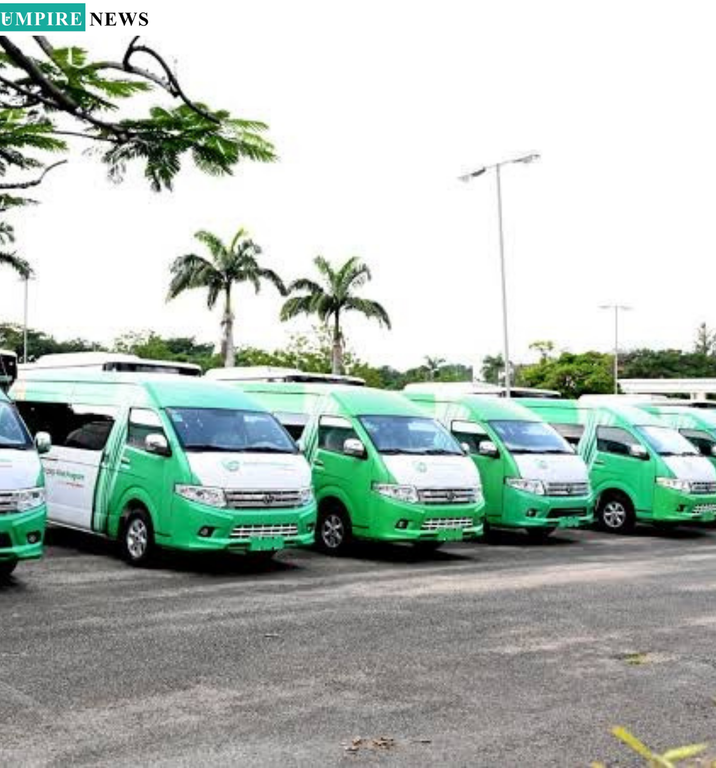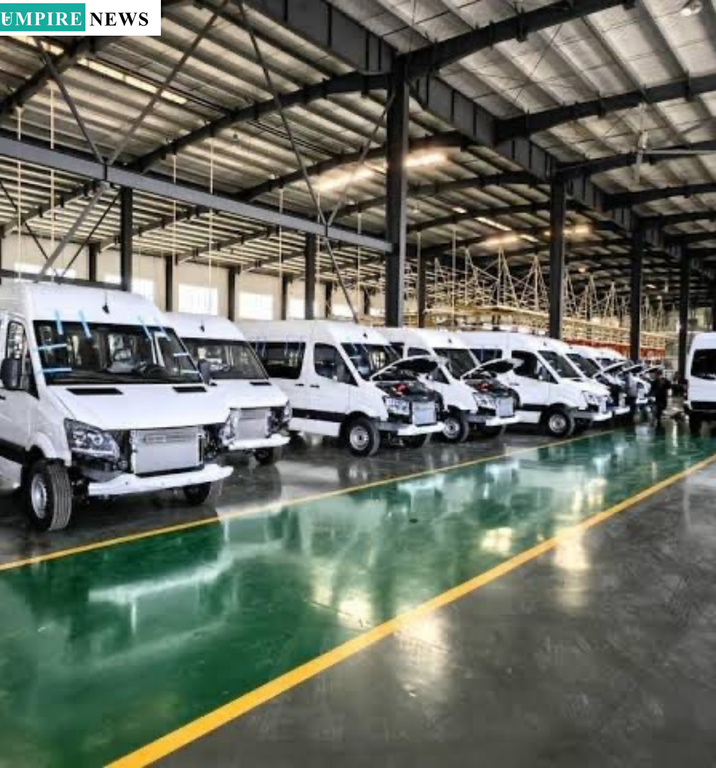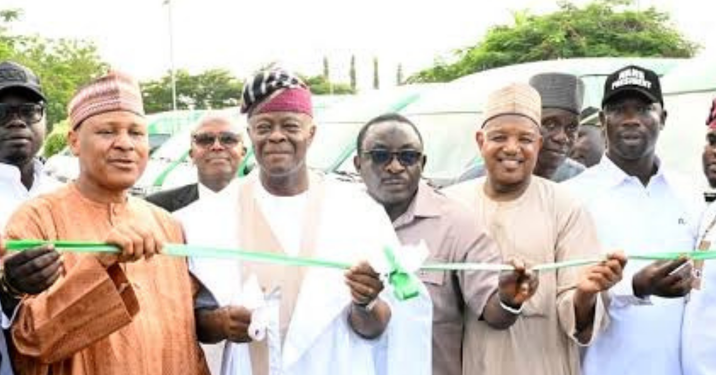The Federal Government has recently procured and delivered 64 compressed natural gas (CNG) buses, each with a seating capacity of 100.
This significant step was marked by a ceremony held on Sunday at the State House Conference Centre in Abuja, where the buses were handed over to leaders of organized labour and student unions.
The introduction of these CNG buses is part of a broader strategy to address rising transportation costs that have affected many Nigerians.
With the removal of fuel subsidies, transportation fares have increased, placing a heavier financial burden on commuters.

In response to widespread public concern, the government is taking proactive measures to alleviate these challenges.
In addition to the buses, the government has also made available over 400 CNG conversion kits for private-sector transporters across four states.
This initiative aims to encourage drivers to convert their vehicles to CNG, which is often cheaper than traditional fuels.
By promoting the use of CNG, the government hopes to reduce the overall cost of public transportation and provide a more affordable option for commuters.
Since the subsidy removal, many Nigerians have voiced their frustrations regarding the rising costs of transportation.
The government has recognized these concerns and is actively working to address them.
The presidency has been engaged in discussions with various stakeholders to promote the benefits of CNG and encourage a transition from more expensive fuels.
Organized labour has played a critical role in advocating for the needs of workers and commuters during this transition period.

Leaders from these groups have consistently urged the Tinubu administration to implement effective measures to support the population, including increasing the availability of CNG vehicles on the roads.
They argue that more CNG buses will not only help lower transportation costs but also contribute to a cleaner environment by reducing emissions.
The government’s initiative to introduce CNG buses and conversion kits is a vital part of a larger effort to modernize Nigeria’s transportation sector.
By investing in cleaner, more efficient fuel options, the administration aims to improve the overall quality of public transport while addressing the economic concerns of citizens.
As this program rolls out, it will be essential to monitor its impact on both transportation costs and environmental sustainability.
The government’s commitment to providing affordable transportation solutions through CNG could serve as a model for future initiatives aimed at improving the lives of Nigerians.
The delivery of CNG buses and conversion kits represents a significant step towards reducing transportation costs and promoting sustainable fuel alternatives.
As the country navigates the challenges posed by the removal of fuel subsidies, these measures may provide some relief for commuters and contribute to a more efficient transportation system in Nigeria.


































